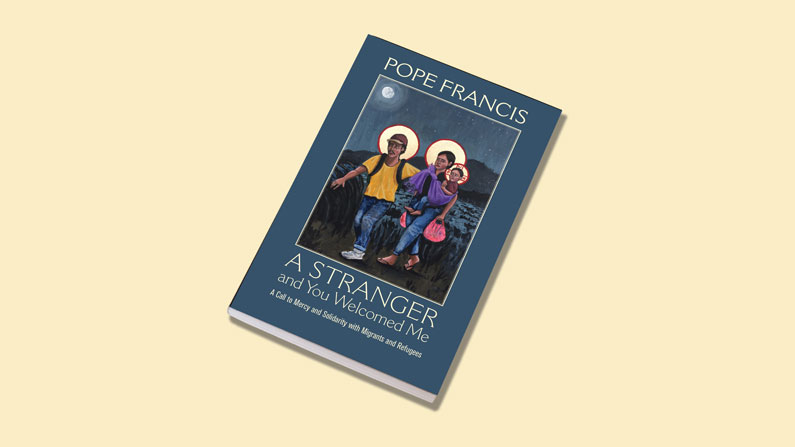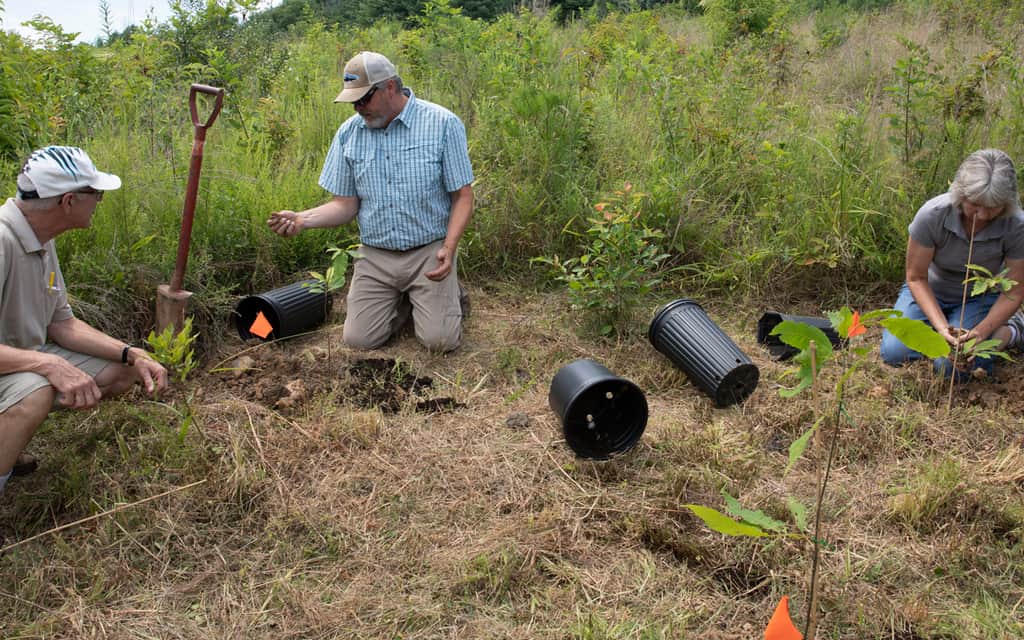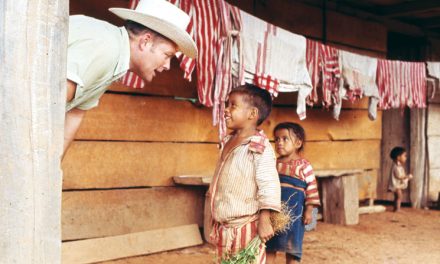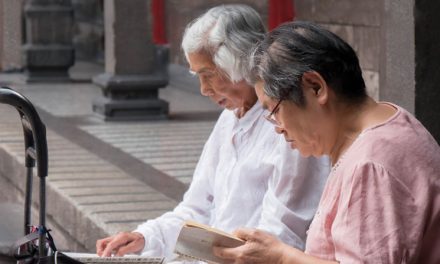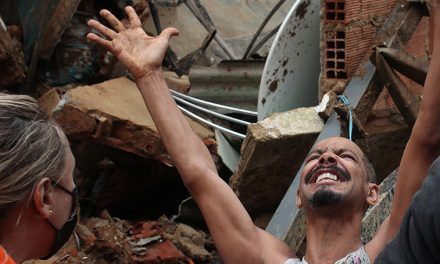Lord, in this liturgy, a penitential liturgy, we beg forgiveness for our indifference to so many of our brothers and sisters.”
— Pope Francis’ homily on the Island of Lampedusa, July 8, 2013
With the passing of our beloved Pope Francis, it is good to remember that care for migrants and refugees was one of the signature themes of his papacy. It is particularly timely because that was the subject of his final letter to the bishops of the United States in February 2025.
“I exhort all the faithful of the Catholic Church, and all men and women of good will, not to give in to narratives that discriminate against and cause unnecessary suffering to our migrant and refugee brothers and sisters,” he wrote. “With charity and clarity, we are all called to live in solidarity and fraternity, to build bridges that bring us ever closer together, to avoid walls of ignominy and to learn to give our lives as Jesus Christ gave his for the salvation of all.”
It was also the theme of his sermon on his first trip as pope outside Rome, to the Italian island of Lampedusa, where so many refugees in the Mediterranean had drowned.
“Has anyone wept for these victims?” he asked. “The culture of comfort … makes us think only of ourselves, makes us insensitive to the cries of other people, makes us live in soap bubbles which, however lovely, are insubstantial. … It leads to the globalization of indifference. … We have become used to the suffering of others: it doesn’t affect me; it doesn’t concern me; it’s none of my business.”
Pope Francis wept for them. And more: he devoted all his energies to raising up the humanity of migrants and refugees and challenging our deafness to their cries. Why? Because for him this was one of the critical tests of the Gospel today.
Jesus said: “I was a stranger and you welcomed me.” He continued by saying that whatever we do “to the least of” his sisters and brothers, we do to him. (Mt 25:35, 40)
Appropriately, that verse supplies the title to this collection of his speeches and writings on “Mercy and Solidarity with Migrants and Refugees.”
Pope Francis was not insensitive to the political, economic and social problems posed by the arrival of migrants and refugees at borders and coastlines. But he urged us not be guided primarily by fear and resentment of the “other.” In setting public policy, he said, it makes all the difference if we begin with the acknowledgment of migrants and refugees as fellow human beings, infinitely loved by God, as opposed to criminals or “refuse cluttering a public space.”
As he said in his speech to the U.S. Congress in 2015, “We must not be taken aback by their numbers, but rather view them as persons, seeing their faces and listening to their stories, trying to respond as best we can to their situations. … Let us remember the Golden Rule: ‘Do unto others as you would have them do unto you.’”
As we mourn Pope Francis’ passing, let us honor his love for the poor and vulnerable. Again, quoting his words to Congress: “Do not be afraid to welcome them. Offer them the warmth of the love of Christ and you will unlock the mystery of their heart. I am certain that, as so often in the past, these people will enrich America and its Church.”
Robert Ellsberg is the publisher of Maryknoll’s Orbis Books and the editor of A Stranger and You Welcomed Me.
